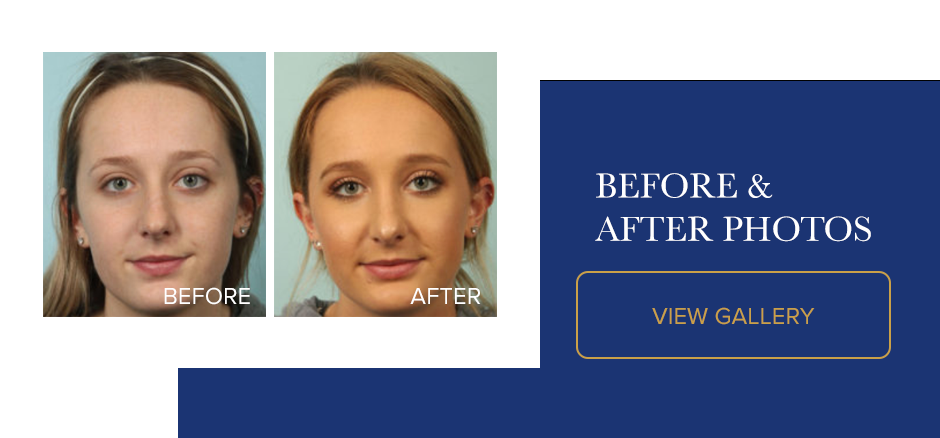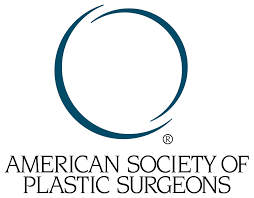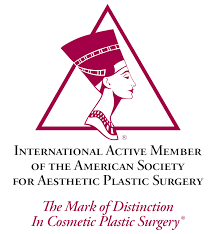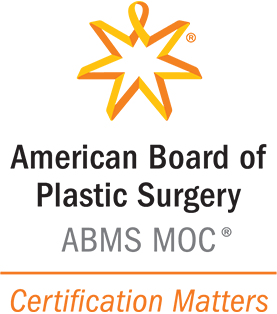Jump To
 If you have ears that are larger or more protrusive than other people’s you may feel embarrassed or even be the source of ridicule. Small children may be subject to others’ derision and you may choose ear surgery, or otoplasty, to improve your or your child’s quality of life and self-esteem.
If you have ears that are larger or more protrusive than other people’s you may feel embarrassed or even be the source of ridicule. Small children may be subject to others’ derision and you may choose ear surgery, or otoplasty, to improve your or your child’s quality of life and self-esteem.
What Otoplasty Corrects
Otoplasty is a facial plastic surgery procedure that reduces the size of your ears or can reposition your ears to lie more closely against your head. Otoplasty can correct:
- Large ears
- Protruding ears
- Unsatisfactory results from previous otoplasty
Whether you are an adult or child, you may feel self-conscious about protruding or large ears, even if you are happy with the rest of your appearance. Many children who suffer from being teased by school mates or even adults are relieved and pleased after undergoing otoplasty, but should be allowed to make their own decisions or provide input into whether or not they receive ear surgery. Our team can help you determine if otoplasty is right for you or your child.
A good candidate for otoplasty should:
- Be in good overall health
- Have realistic expectations
Otoplasty Options
The most common otoplasty procedures combine one or more of the following options:
- Reshaping the ear and its folds
- Reducing angle between head and ear
- Reducing ear size
The second of these techniques should not be confused with “pinning” the ears back, though it may be called so casually. In reality, a small portion of the cartilage is removed from behind the ear, and the opposite sides of the incision sutured together with dissolvable and/or permanent stitches. This allows the cusp of the ear to rest closer to the skull without creating an unnaturally pinned look. Folds are also created in the ear so that it appears closer to the head.
When determining what type of ear surgery to undergo, you should discuss your expectations and goals frankly with a board-certified Atlanta cosmetic surgeon, who can provide you with valuable answers and make recommendations as to which procedure or procedures will best help you achieve your ideal outcome.
Your Otoplasty will be performed by an experienced plastic surgeon at Marietta Plastic Surgery located in Marietta, GA just outside of Atlanta.
Otoplasty Post-Surgical Care
After your otoplasty procedure, the ears will be dressed and covered with a bandage. This is important for helping the tissues adjust to their new configuration and and for keeping the area free from germs and infection.
You will need to arrange for a ride home in advance, since you will be recovering from anesthesia. Once you arrive home, an otoplasty recovery period will be required. During this time, there are numerous measures that can be undertaken in order to ensure that results are optimal, recovery is speedy, and no post-surgical complications occur.
First and foremost, always follow your plastic surgeon’s post-operative care instructions. If you have questions or concerns, do not hesitate to contact us.
It is vital to leave your bandages on until they are removed during a follow-up appointment. Your stitches will also be removed. Once the bandages are taken off, you will be instructed to carefully clean the area and apply ointment as needed.
After removal of the bandage, you’ll also likely be cleared to wash your face and your hair. Be extremely gentle with the ears during this and in general.
One additional way to keep safe from ear trauma while healing is by wearing clothing that can be removed without being pulled up around the ears. Button-up shirts are very helpful. If at all possible, avoid wearing glasses and earrings until recovery is complete.
For several weeks following surgery, you will be wearing an elastic band around the area day and night. This supportive band will keep down post-surgical swelling. Another method of keeping down swelling is by always ensuring that your head is elevated above your chest, even while sleeping. To aid in this, it’s recommended that you sleep with your head propped up by several pillows.
Facial tanning should be avoided for at least a half a year after your procedure, as tanning can cause damage to the healing tissues. Sun protection is also highly encouraged. Being in pools or hot tubs may also increase risk of post-surgical complications, so stay away from these during this time.
How Much Does Ear Surgery Cost?
The total cost of Ear surgery is determined based on factors like your medical examinations, surgeon’s fee, hospital charges, post-surgery garments, and anesthesia. The exact techniques used will also impact cost, as will the total time needed to perform the surgery.
Arrange a Consultation
If you are in the Marietta, Atlanta, or Woodstock areas of Georgia and would like to learn more about otoplasty or other plastic surgery procedures, please contact our office today for your personalized plastic surgery consultation.
Ear Surgery FAQ
A. The incisions for the procedure are carefully made along the backside of the ear where there are natural creases in the tissue. Once the incisions have fully healed, any post-surgical marks will be nearly impossible to see, because they will be hidden within these creases.
A. Several steps are taken to ensure that the procedure is as comfortable as possible. Local anesthesia is used to prevent the patient from feeling any pain during the procedure. If the procedure is being performed on a child, general anesthesia can be used if needed. Once the procedure is finished, there should be no pain or discomfort in the ear.
A. The exact length of the procedure varies from person to person depending on factors like if one ear or both are being worked on and the amount of work being done. On average, ear surgery takes around two hours to complete.
A. The ear will be heavily bandaged following the completion of the procedure. The bandages are specially designed to fit the contours of the ear in order to provide maximum support and comfort. There may be some bruising and swelling during the first few days of your recovery. It is recommended that you take around a week off of work to allow your ears to heal properly.
Related Blog Post
Is Otoplasty (Ear Surgery) Right for Me?
If large, protruding, or disfigured ears are compromising your appearance, you may be a candidate for otoplasty (ear surgery). Otoplasty can improve the position and shape of your ears, correcting problems…Read More








